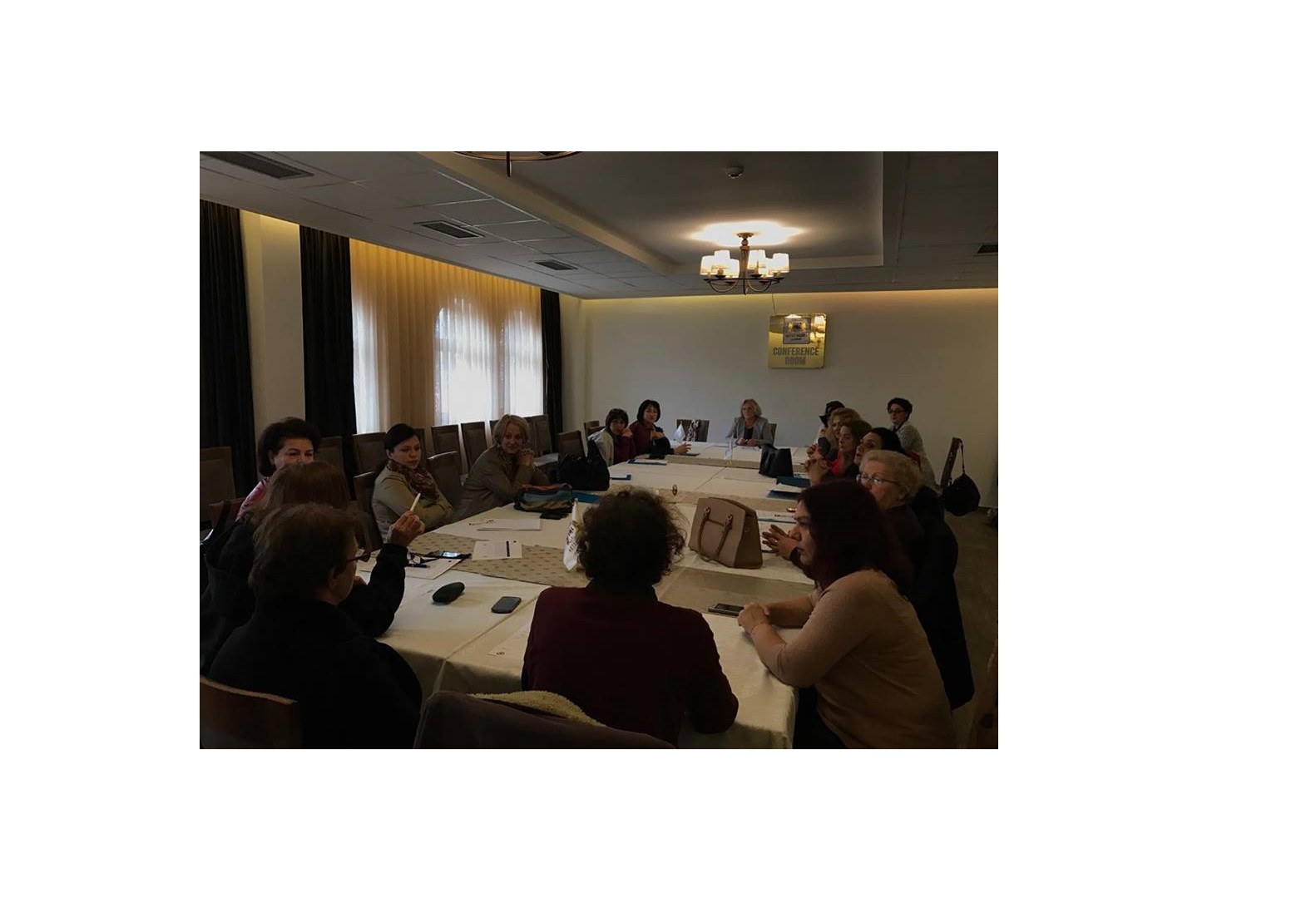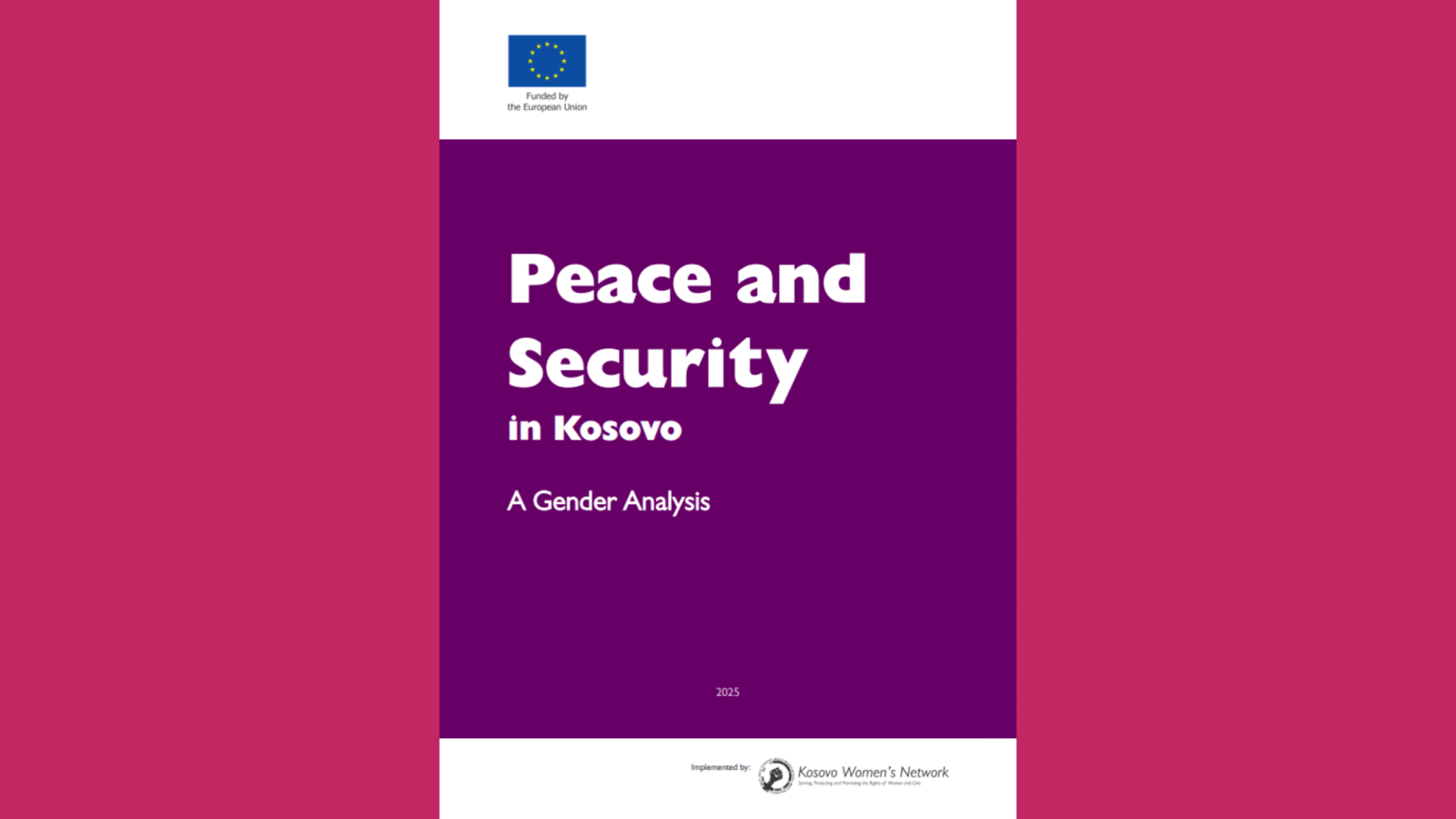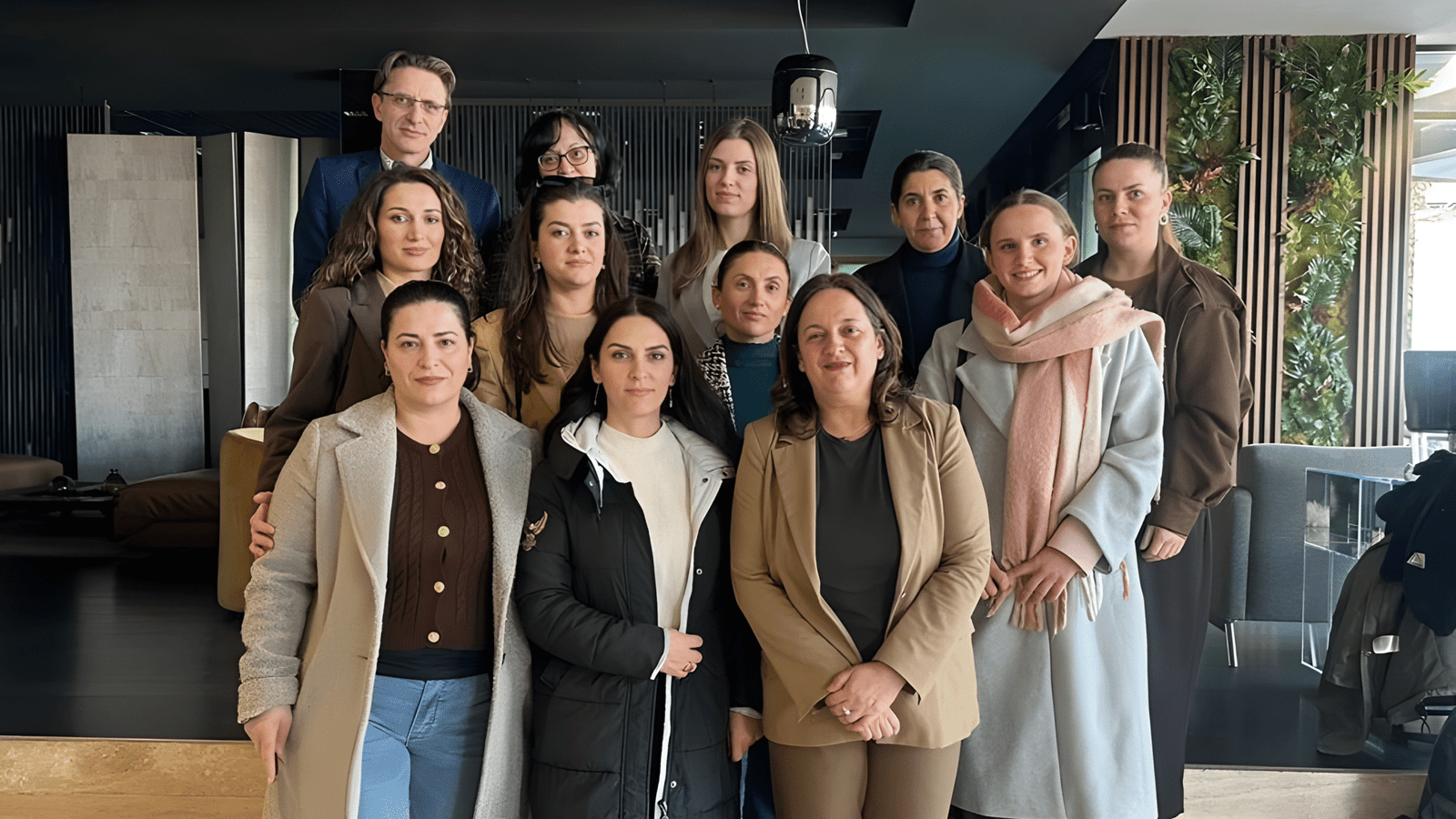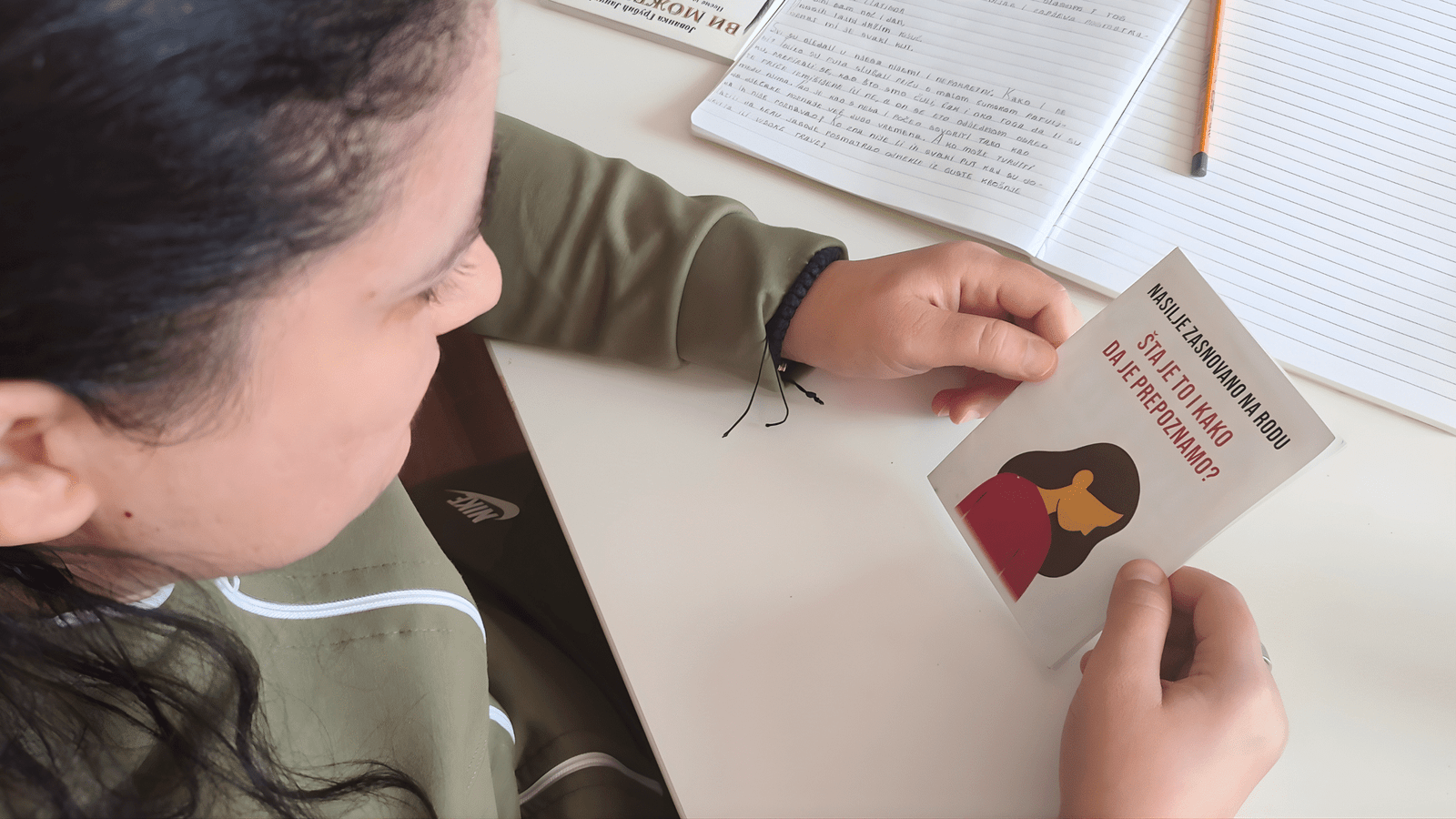On 7 November, the Association for Education and Family Care (AEFC) held the last meeting under the project of “An educated woman, a healthy society”, attended by representatives of Active Women of Gjakova, Kosovo Center for Development and Multicultural Integration, Medica Kosovo, a few women assembly members of the Municipal Assembly of Gjakova, representatives from the Center for Social Work in Gjakova, representatives from the Family Medicine Center, and representatives of the Kosovo’s Women Network (KWN).
Firstly, the Director of AEFC, Ms. Bahrije Deva, informed the attendees of the general purpose of this project, the importance of opening a gynecology counseling office only for young girls and the activities held in Dobrosh, Molliq, Korenica, and Lipovec. The meetings were held with the students and women of these villages.
Blerta Domi, gynecologist, stressed that girls are interested to be more informed about the health problems which their peers might face. “When young girls start to see the gynecologist, they hesitate to talk about this matter, and do not even talk about it with their girl peers because of fear of being prejudged”, Ms. Domi said.
Amid other topics, the attendees discussed also about the problem of early marriage of young girls, mentioning the most recent case of a young Roma girl who had given birth at the age of 14.
The women assembly members of the Municipal Assembly of Gjakova, Mimoza Shala and Vjollca Roka, declared that they will make pressure –until the goal is reached–in every meeting of the Municipal Assembly, so that the assembly members discuss about the opening and making operational a gynecology counseling office only for young girls, emphasizing the importance of such office.
Some of the recommendations deriving from the awareness-raising meetings with girls and women, advocacy meetings, and round tables include the following: To establish a “pentangle” linking parents, teachers, students, medicine professionals and NGOs to hold awareness-raising meetings more often regarding matters related to youth’s health and rights; to have at least one day every month reserved for gynecological visits and counseling in lower and higher secondary schools; to advocate at institutions for including the health education subject in the curricula, with a focus on sexual education, etc.
This project was supported by the Kosovo Women’s Fund (KWF) of the Kosovo Women’s Network and funded by the EU Office in Kosovo.







